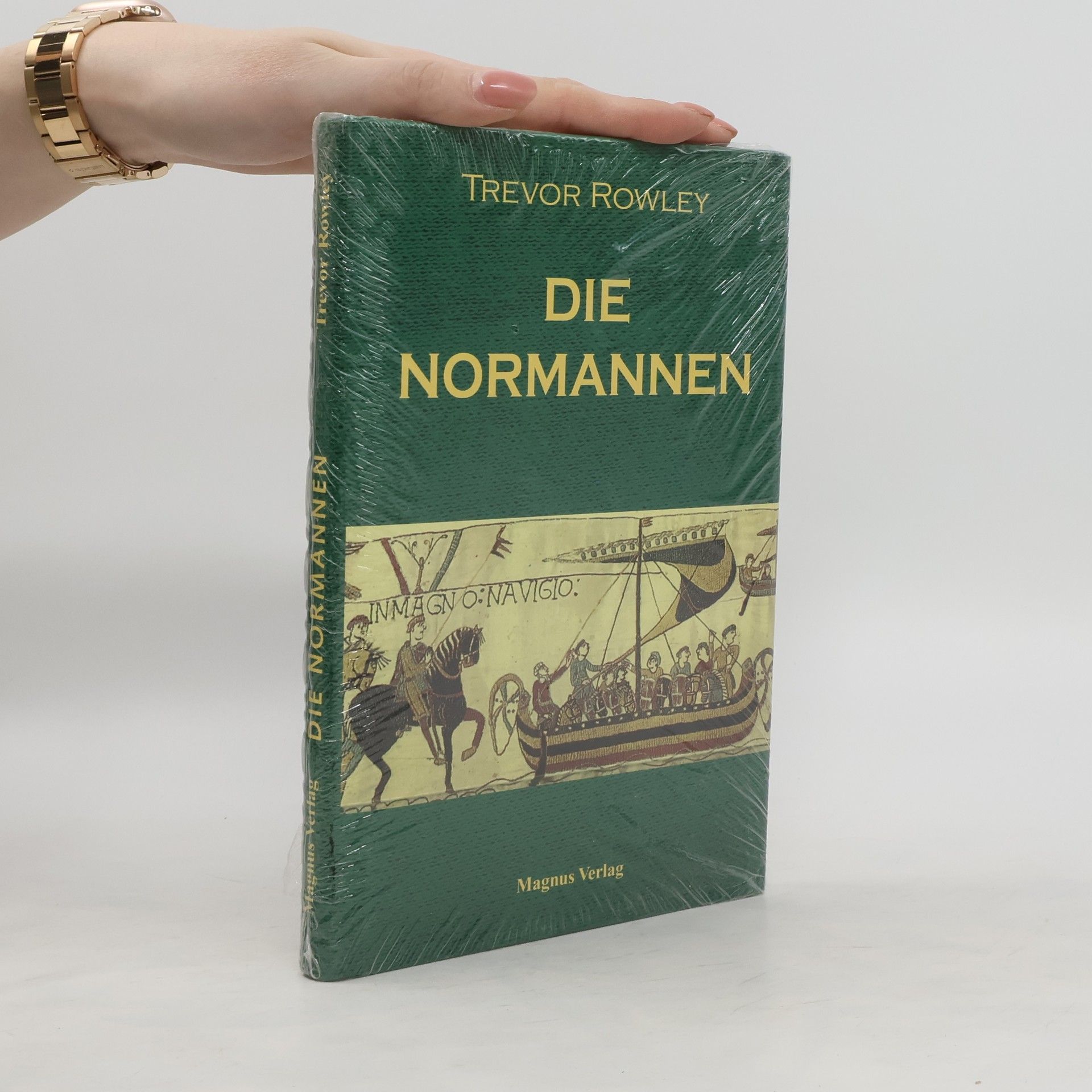Accessible history of the Normans - the only people to ever invade the British Isles
Trevor Rowley Livres
Cet auteur se penche sur l'étude du paysage, fusionnant géographie, histoire et archéologie pour révéler comment l'humanité a façonné et a été façonnée par son environnement. Son travail se distingue par une approche méthodique du travail de terrain et des publications qui rendent accessibles des processus historiques complexes.






The Normans: A History of Conquest
- 268pages
- 10 heures de lecture
The narrative offers a compelling exploration of the Norman Conquest of Europe, highlighting its profound cultural and political impacts. It delves into the lasting changes that emerged from this pivotal historical event, showcasing how the Normans established their dominance and shaped the future of the continent. Through vivid storytelling, the book uncovers the complexities of this transformative period and its enduring influence on European history.
1066 is perhaps the most important date in English history. The elite Normans themselves brought England much closer to Continental Europe, and brought in novel styles of military training. This title explores their lifestyle and the ways in which they interacted with the Anglo-Saxon English as they changed the face of the country forever.
The book explores the profound impact of the Norman Conquest on England, asserting it as the last successful invasion that transformed the ruling dynasty. It highlights the resulting social and political shifts, alongside significant architectural and topographical changes that reshaped the landscape of the nation. Through this analysis, it delves into the lasting legacy of the Normans on English history.
The Origins of Open Field Agriculture
- 258pages
- 10 heures de lecture
Challenging traditional perspectives, this book explores the origins of settlement and the economy related to open field agriculture. It offers fresh insights into village development, examining how these practices emerged and evolved over time. By re-evaluating established ideas, it contributes significantly to the understanding of agricultural history and community formation.
Focusing on the transformative years from 1200 to 1550, this book presents the High Middle Ages as a time of significant evolution rather than decline. It explores the extensive changes in England's landscape and environment over three centuries, highlighting the dynamic nature of this historical period. The narrative delves into the societal, cultural, and environmental shifts that shaped the era, offering a fresh perspective on a pivotal time in history.
The only book to analyse the historical geography and archaeology of the Tapestry.
Argues that not only is 1066 the best-known date in English history, it is also the most important.
